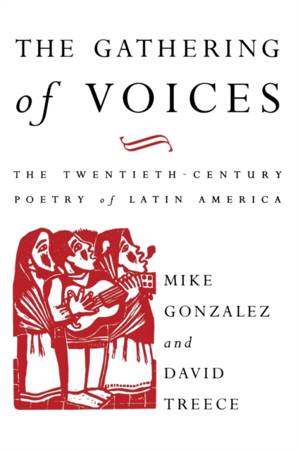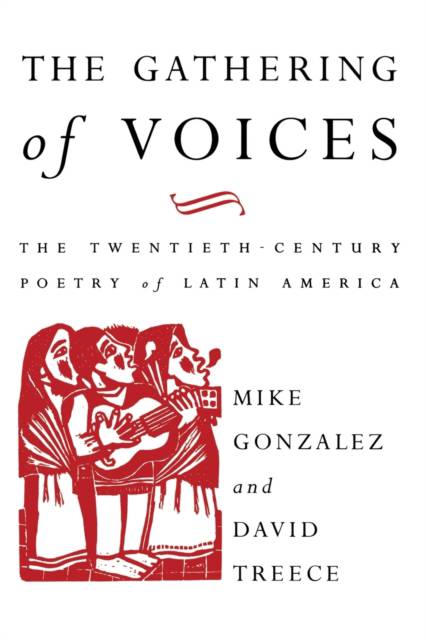
- Afhalen na 1 uur in een winkel met voorraad
- Gratis thuislevering in België vanaf € 30
- Ruim aanbod met 7 miljoen producten
- Afhalen na 1 uur in een winkel met voorraad
- Gratis thuislevering in België vanaf € 30
- Ruim aanbod met 7 miljoen producten
Zoeken
€ 35,45
+ 70 punten
Omschrijving
During the last hundred years, the private and public voices of Latin American poetry have offered a wealth of imaginative responses to the region's social and political experiences. In the face of capitalist modernization, dictatorship and imperialist domination, poets have fought back. The Gathering of Voices argues that the best of Latin American poetry has set out to rediscover its roots in local experience and to enter a dialogue with the "ordinary" discourses of popular culture and tradition. The implication is that an alternative response to oppression is possible, one inspired by the shared global expeiences of alienation, exclusion and exploitation. The possibility of a universal emancipation is evoked in the transformation of language. Each chapter of the volume explores a crucial moment in this dialogue of voices, focusing on key texts, including works by Cardenal, Neruda, Vallejo and the Andrades. With extensive studies of the previously neglected tradition of Brazilian verse, the book provides a guide to the history of poetic debate and practice in 20th-century Latin America. The book includes complete poems of the artists discussed and should appeal to a general readership interested in Latin American culture. It is also a useful text for courses in literature and poetry.
Specificaties
Betrokkenen
- Auteur(s):
- Uitgeverij:
Inhoud
- Aantal bladzijden:
- 424
- Taal:
- Engels
- Reeks:
Eigenschappen
- Productcode (EAN):
- 9780860915812
- Verschijningsdatum:
- 17/12/1992
- Uitvoering:
- Paperback
- Formaat:
- Trade paperback (VS)
- Afmetingen:
- 154 mm x 234 mm
- Gewicht:
- 644 g

Alleen bij Standaard Boekhandel
+ 70 punten op je klantenkaart van Standaard Boekhandel
Beoordelingen
We publiceren alleen reviews die voldoen aan de voorwaarden voor reviews. Bekijk onze voorwaarden voor reviews.











